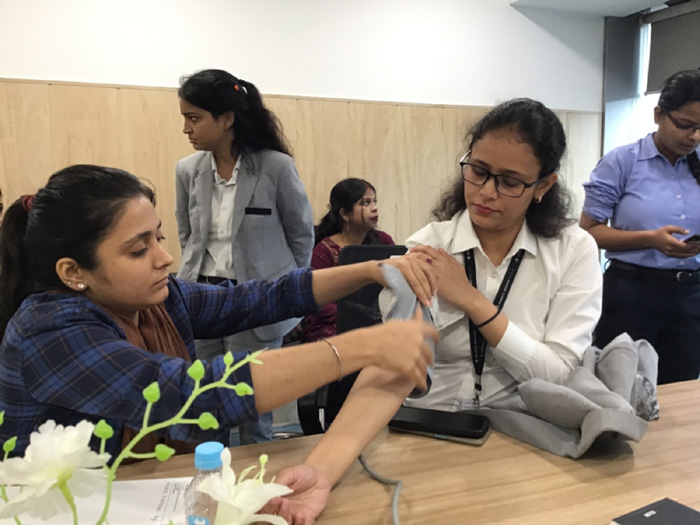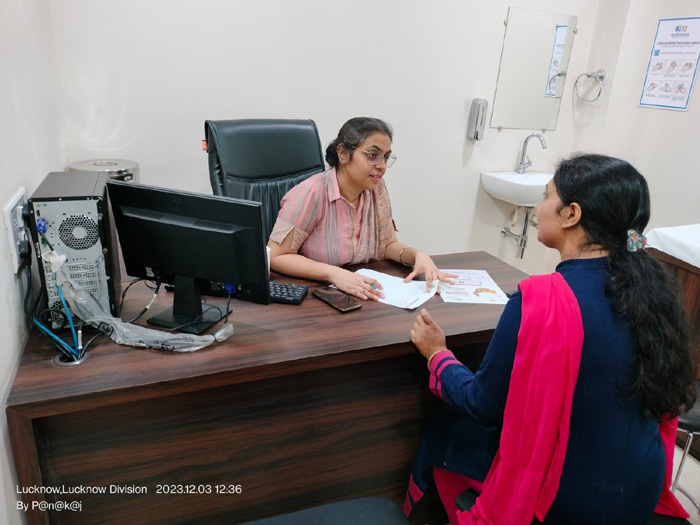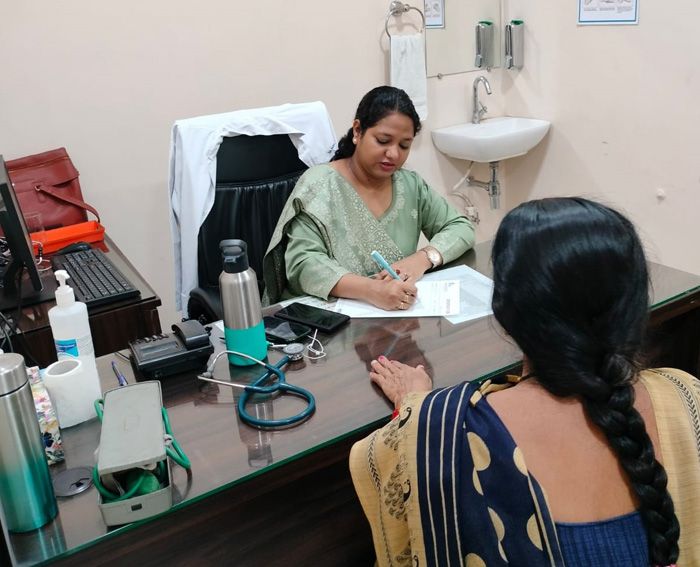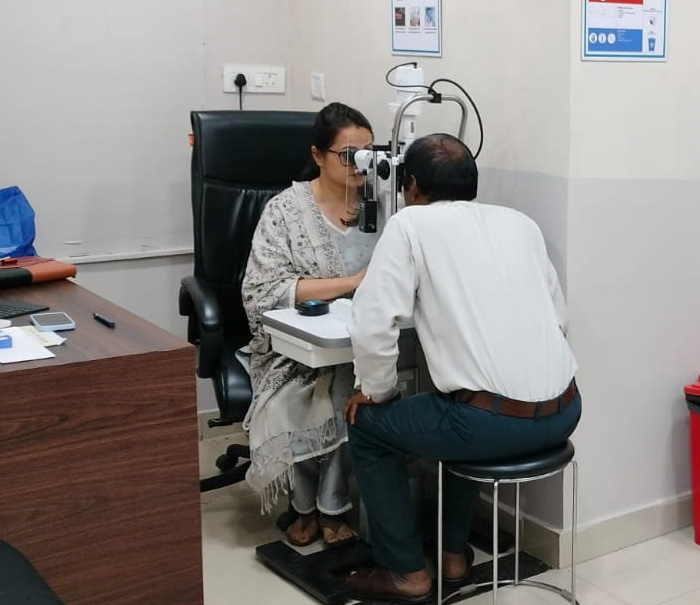

Orthopaedics
Orthopaedics refers to the medical field dedicated to the musculoskeletal system, including your bones, joints, muscles, ligaments and tendons. This complex system allows us to move, work and live an active life.
Orthopaedists diagnose and treat a range of conditions, such as:
- Fractures and sprains: Accidents and injuries can leave bones broken or ligaments torn, requiring expert care to heal properly and regain mobility.
- Arthritis: This degenerative condition causes pain and stiffness in the joints, and orthopaedists offer various treatment options to manage it, including medication, injections and joint replacement surgery.
- Sports injuries: Athletes are prone to strains, overuse injuries and ligament tears. Orthopaedists specialize in helping athletes recover and return to their sport safely.
- Congenital conditions: Some individuals are born with musculoskeletal abnormalities like scoliosis or clubfoot, and orthopaedists provide treatment plans to address these.

General Physician/ Diabetology
General physicians are the frontline warriors who care for all your health issues before referring you to a specialist. You can think of them as your health partners, offering comprehensive care for a wide range of issues:
- Diagnosing and treating common illnesses: From coughs and colds to high blood pressure and skin conditions, they assess your symptoms and recommend appropriate treatment.
- Preventive care: They play a vital role in preventing future health problems by conducting checkups, recommending screenings and vaccinations, and providing personalized advice to maintain optimal health.
However, if you have diabetes, a chronic condition affecting blood sugar control, diabetologists become your specialized experts for:
- Diagnosis and management: They diagnose different types of diabetes, develop personalized treatment plans involving medication, diet and exercise to manage potential complications.
- Education and support: They equip you with the knowledge and tools to manage your condition effectively and live a fulfilling life through proper diabetes management.

Gynaecology
Gynaecology is the medical field dedicated to the female reproductive system and women’s health. It encompasses the diagnosis, treatment as well as the prevention of conditions affecting the reproductive organs, including the uterus, ovaries, fallopian tubes, cervix, vagina and vulva. Gynaecologists also perform breast examinations and address breast-related concerns along with managing hormonal imbalances that can impact menstruation, fertility and other aspects of female health.
Typical areas of expertise in gynaecology include:
- Menstrual issues: Gynaecologists investigate and treat irregular periods, heavy bleeding and other menstrual problems.
- Sexually Transmitted Infections (STIs): They diagnose and treat STIs and advise on prevention strategies.
- Family planning: Gynaecologists provide contraception counselling and management, discuss pregnancy options and offer preconception care.
- Infertility: They help couples struggling to conceive and explore various fertility treatment options.
- Menopause: Gynaecologists address symptoms associated with menopause and offer related therapies.
- Cancers: They perform screenings for cervical and other gynaecological cancers and work with other specialists to manage these conditions.

Ophthalmology
It is a branch of medicine specializing in diagnosing, treating, and preventing eye diseases. Ophthalmologists are doctors who have completed extensive training in diagnosing and managing all eye conditions, from common vision problems to complex eye diseases.
Here are some problems that an ophthalmologist can help you to manage:
- Regular eye tests include assessing visual acuity, evaluating eye health and checking for potential problems.
- Diagnosis and treatment of eye diseases: This refers to various conditions, including cataracts, glaucoma, diabetic retinopathy, macular degeneration and corneal diseases.
- Vision correction: Ophthalmologists prescribe eyeglasses, contact lenses and other vision correction methods to improve your ability to see clearly.
- Eye surgery: They perform various surgical procedures to treat eye diseases and improve vision, such as cataract, LASIK, glaucoma, lid and squint surgeries.
- Management of age-related eye problems: As we age, our eyes become more susceptible to certain conditions like cataracts and macular degeneration. Ophthalmologists provide management and treatment options for these conditions to help maintain vision and eye health.
- Paediatric ophthalmology: Ophthalmologists specializing in children’s eye care address vision problems and eye diseases specific to infants and young individuals.

